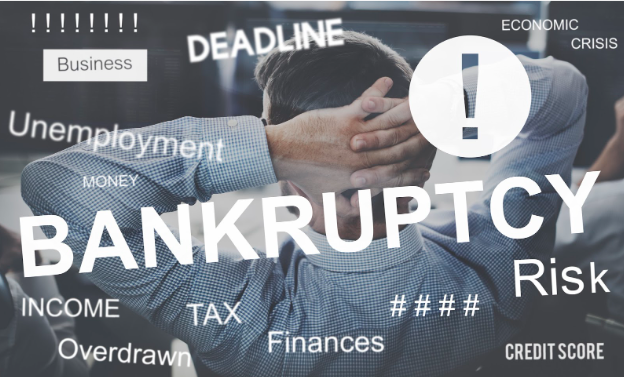
Tipflation in Canada
Tipping is the act of giving a little extra money to service workers, like waiters or taxi drivers, as a thank you for their good service. It’s a common courtesy in Canada, and is generally practiced.
In Canada, tipping was typically expected to be between 10-15% of the total bill. However, these days, just like the way everything is getting expensive, tipping is not left behind. You may see suggested tips of 18%, 20%, or even 25%, depending on where you are or the kind of service you are paying for. This increase in tipping recommendations is largely due to the rising costs of living and operational expenses that businesses need to cope with. As costs for ingredients, rent, and wages go up, establishments are pushing for higher tips to help maintain their service quality without drastically raising their prices. Since tipping is a culture in Canada, it’s not so much of a burden for most people, but is tipflation really a thing and how can Canadians live with this reality? Let’s find out.
Is Tipping Compulsory?
The answer is simple. Tipping is not legally compulsory, but it is a customary practice in many service industries. When you pay for a service, the attendant is expecting a tip, but if you choose not to do it, a warm courtesy will do, and you won’t be arrested just because you didn’t tip.
However, it is generally expected in places such as restaurants, bars, taxis, and hair salons. Tipping is considered a way to show appreciation for good service and contributes to the income of service workers, who often earn a minimum wage that may not fully reflect the demands of their jobs. Let’s be honest, if you get good customer service, sometimes, you are moved and excited to want to appreciate that kind gesture, right?
This tipping culture has also promoted the culture of good customer service, hardly would a rude service worker get a tip from an unsatisfied customer.
While tipping is expected in certain settings, it is ultimately a voluntary gesture, and patrons may decide to tip less or not at all if they feel the service was unsatisfactory.
The Effect of Rising Costs
When businesses have to pay more for things like food ingredients, rent, and employee wages, they may end up charging customers more to cover these costs. It is not entirely the best strategy but it works somewhat. One way business owners try to cushion the effect of rising costs is by suggesting higher tipping percentages. This means that when you dine at a restaurant, you might notice that the suggested tip on your bill is higher than it used to be.
This higher tip suggestion helps the restaurant manage the rising costs without increasing the prices on their menu too much. By doing this, restaurants try to keep their quality of service good while making sure they can still afford to run their business and pay their employees fairly. So, when you see a higher tip suggested on your bill, it’s partly because the restaurant is dealing with higher expenses and trying to handle them in a way that’s fair to everyone, including the customers and staff.
Consumer Reactions and Adjustments

Here is where things get a bit dicey. Everyone is feeling the heat of the inflation, everyone should be tipped at this point.
This is why customers have mixed feelings about tipflation. Some understand and support the need for higher tips, recognising the economic pressures that service workers face, especially after the pandemic. They see these increased tips as a necessary aid to help workers manage their finances during tough times. However, not everyone finds it easy tipping every time. Many customers feel overwhelmed by the tipping culture. It’s not easy to have overwhelming credit card debts, student loans, etc, and still tip.
As a result of these increased tipping expectations, some customers have started adjusting their dining habits. They may choose to eat out less often to avoid the stress of high tipping costs, or they might tip below the suggested amounts when they dine out.
This change in behavior is a way for them to control their spending and ensure that their dining budget remains manageable. Which is understandable, by doing so, they balance their desire to support service workers with the need to maintain their own financial stability.
The Future of Tipping in Canada
Looking forward, the culture of tipping in Canada may continue to evolve. Discussions about fair wages and the role of tipping in income for service workers are likely to influence future practices. Whether tipflation will stabilize, increase, or decrease further depends on various factors like economic conditions, consumer behavior, and legislative changes regarding minimum wage and worker rights in the service sector.
Conclusion

Whether tipping will be a burden depends on the financial stance of individuals. Some people can afford to do it every now and then while some will avoid it entirely because they are on a tight budget. Personal finance is not an easy thing to handle but with the necessary skills of money management, you can stay afloat in your financial situation. Do you have overwhelming debts? Do you lose your sleep because of financial matters? Don’t worry, you’re not alone. You don’t have to carry the burden all alone, since there is help available. You can speak with one of our debt experts at EmpireOne Credit. Your debt can be reduced by up to 80%, and interest will stop immediately. Call us at (416) 900-2324 to schedule a free consultation. Being debt-free feels good!





